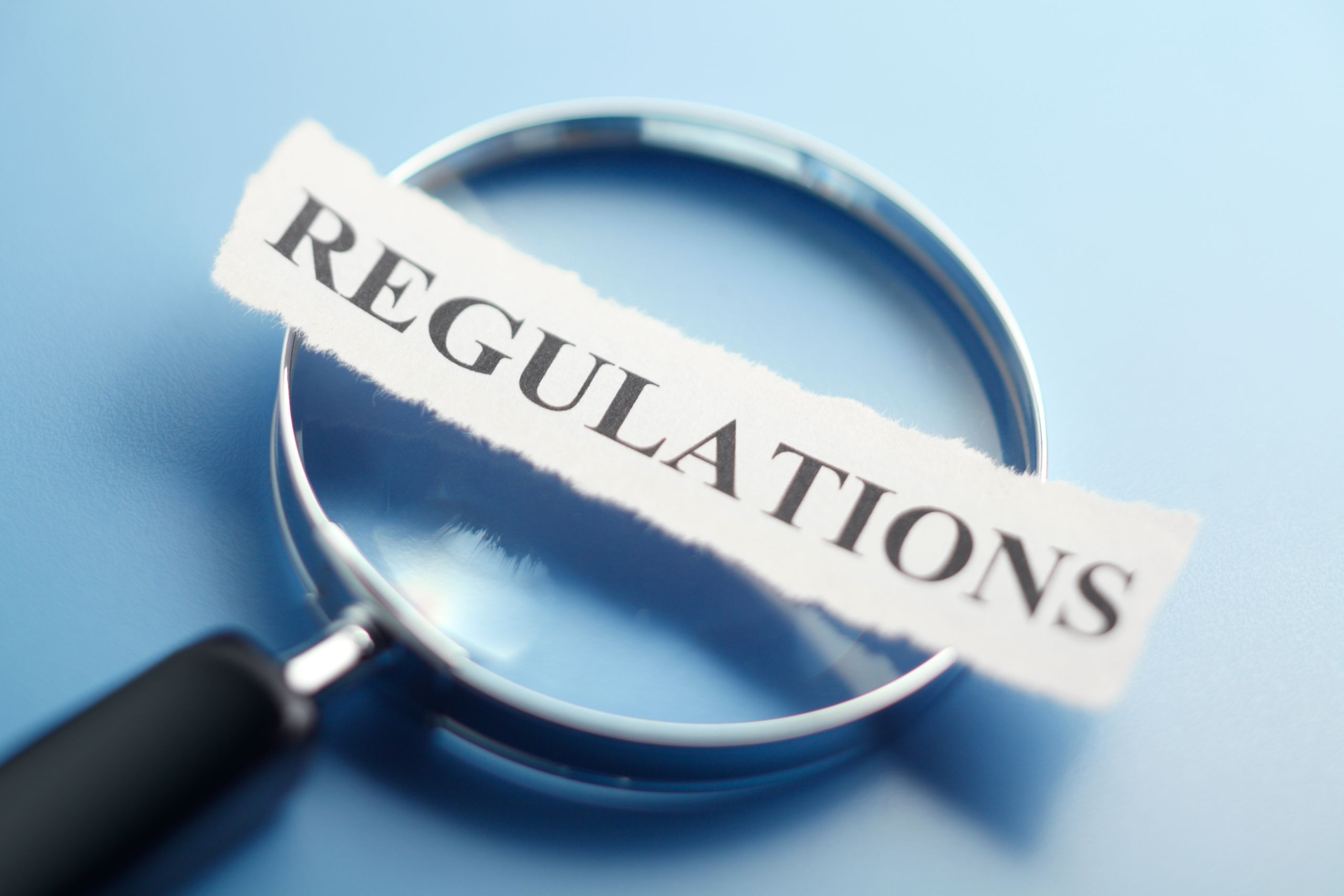European Regulations and their Role in Tackling Work-Related Stress
Workplace stress is a major concern throughout Europe, as its health and economic consequences impact numerous employees. To address this issue, European regulations and policies tackling high levels of stress in the work environment and fostering well-being have been developed.
Key European Regulations
European Framework Directive on Safety and Health at Work (89/391/EEC): creates a general framework for workplace risk evaluation and prevention in order to enhance employee safety and health. Employers have to evaluate and regulate psychosocial risks, such as work-related stress, and implement suitable measures to protect employees’ well-being.
European Social Partners Agreement on Work-related Stress (2004): highlights the importance of a collaborative and open approach to dealing with work-related stress. It offers employers with guidelines for detecting, avoiding, and coping with stressors in the workplace, as well as encouraging social dialogue to foster healthy working conditions.
EU-OSHA Campaigns on Healthy Workplaces: increase awareness and promote the dissemination of best practices to address stress at work. Campaigns such as “Healthy Workplaces Manage Stress” (2014-2015) and “Healthy Workplaces for All Ages” (2016-2017) have served a crucial part in encouraging workplace mental health and well-being.
These regulations couldn’t come without various benefits. For example, the policies caused an increase in awareness which led to more proactive European organizations, managing workplace stress and integrating preventative strategies into their policies. Improved stress management actions were taken by employers to offer support and promote a healthy balance between work and life as a result of European regulation. Finally, the most significant outcome was decreased levels of stress and an increase in overall employee well-being.
To conclude, it is apparent that European regulations and policies are vital for addressing workplace stress and reinforcing an improved quality of life and well-being. As a result, regulations that promote raising awareness and guiding organizations in implementing effective stress management strategies, contribute to healthier work environments and more resilient employees.







